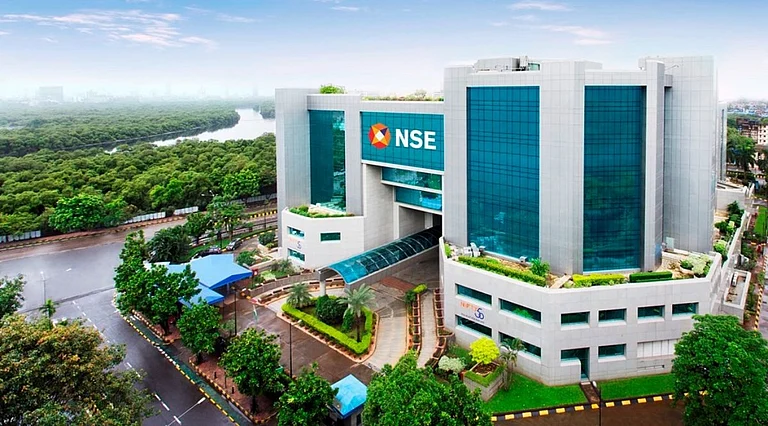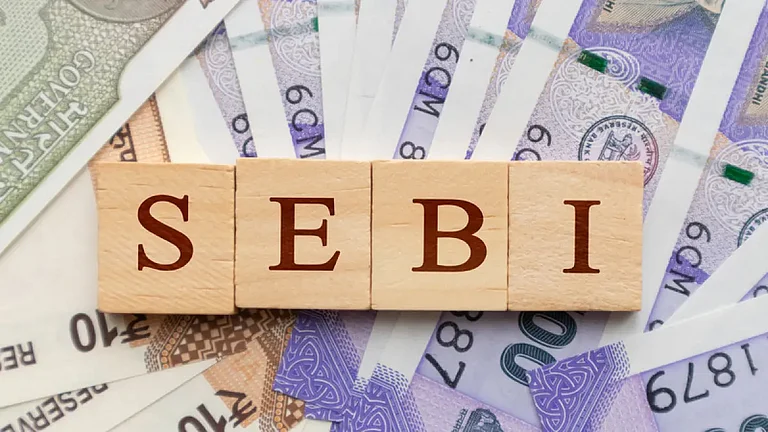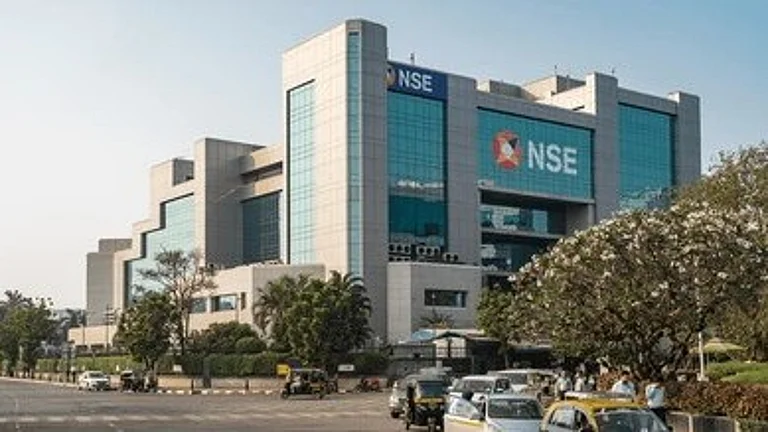Investor anticipation is mounting around the long-delayed initial public offering (IPO) of India’s leading stock exchange, the National Stock Exchange (NSE), as its unlisted shares in the grey market climb to a record high of Rs 2,100. A steady rally over the past fortnight, coupled with renewed interest in off-market trades, signals growing confidence that the long-awaited listing could finally be within reach.
At the heart of this renewed optimism is speculation that NSE is close to resolving a critical regulatory overhang that has kept its IPO ambitions in limbo for years. As reported by The Economic Times, the exchange has proposed a record settlement of Rs 10 billion (approximately $118 million) to resolve the infamous co-location case with the Securities and Exchange Board of India (SEBI). If accepted, the deal could secure the all-important no-objection certificate from the regulator, clearing the path for NSE’s public debut.
The co-location controversy, which first surfaced in 2015, involved allegations that select high-frequency trading firms were given preferential access to NSE’s servers, allowing them to front-run the market. The fallout halted NSE’s IPO plans in 2016 and triggered a six-month capital market ban.
But sentiment appears to be shifting. Back in October 2024, NSE paid Rs 6.4 billion to settle part of the case. Now, this latest offer could represent a final push towards closure.
A go-ahead from SEBI would mark a defining moment, not just for NSE, the country’s largest bourse by volume but for Indian capital markets at large. It could pave the way for one of the most anticipated IPOs in recent memory.
Adding to the momentum, SEBI Chairman Tuhin Kanta Pandey recently hinted at a breakthrough. Speaking at the ASSOCHAM 16th Capital Market Conference, he noted, “We will soon go ahead with it,” implying that the last few hurdles may soon be cleared.
The market is already taking note. “There’s been a surge in demand for NSE shares over the past two weeks,” said Narinder Wadhwa, MD & CEO of SKI Capital Services. “Expectations of a near-term listing, limited availability of shares, and compelling valuations have created a classic supply squeeze.”
Should regulatory clearance come through, NSE’s IPO would offer investors a rare chance to own a slice of the country’s financial architecture and mark a long-awaited turning point for the exchange’s decade-long listing saga.
When pressed for a timeline, Pandey added that the IPO could materialise in the near future. “NSE and SEBI are in discussions and are working through the remaining matters. I’m quite hopeful it will be concluded soon and we can move forward,” he noted.
Adding to investor enthusiasm was the announcement of a Rs 35 per share dividend by the exchange. Additionally, NSE’s unlisted shares trade at an attractive 35x forward earnings multiple, considerably lower than rival BSE’s 52.75x, despite NSE’s market dominance. This valuation gap, alongside its leadership position, is also bolstering demand, Wadhwa said.
NSE also reported strong operating metrics for the March quarter. Although operating profit declined 8% year-on-year to Rs 2,799 crore, the operating margin surged to 74% from 66% a year earlier, highlighting the company’s operational leverage.
Meanwhile, NSE CEO Ashishkumar Chauhan stated that the recent loss of market share in the equity options segment to rival BSE appears to have stabilised. According to NSE data, its share in stock and index options fell from 96.9% in FY24 to 87.4% in FY25, following SEBI’s move last November to restrict exchanges to a single weekly index expiry, a format BSE capitalised on with a liquid weekly product. These remarks helped calm investor concerns.
“Buoyed by these developments, the price of NSE’s unlisted shares, which traded around Rs 1,680–1,700 last week, has now risen further. Comments from the SEBI Chairman and NSE CEO have reinforced market confidence, intensified investor interest, and added momentum to grey market activity,” Wadhwa added.
The sharp rise in prices reflects not only a supply-demand imbalance but also heightened anticipation surrounding the long-delayed IPO. However, Wadhwa cautioned investors to temper their optimism with due diligence, noting that unlisted share prices are often driven by sentiment and speculation, and may not align with post-listing valuations.

































